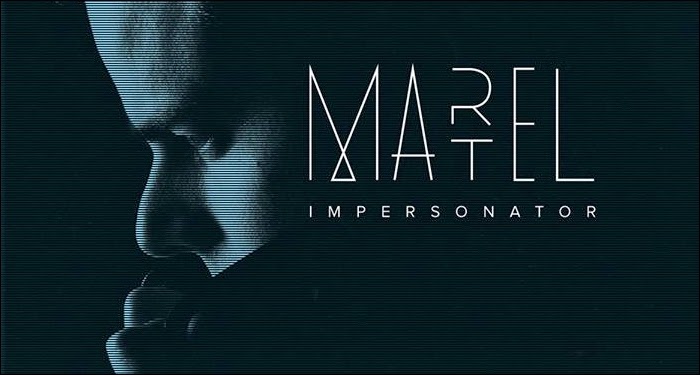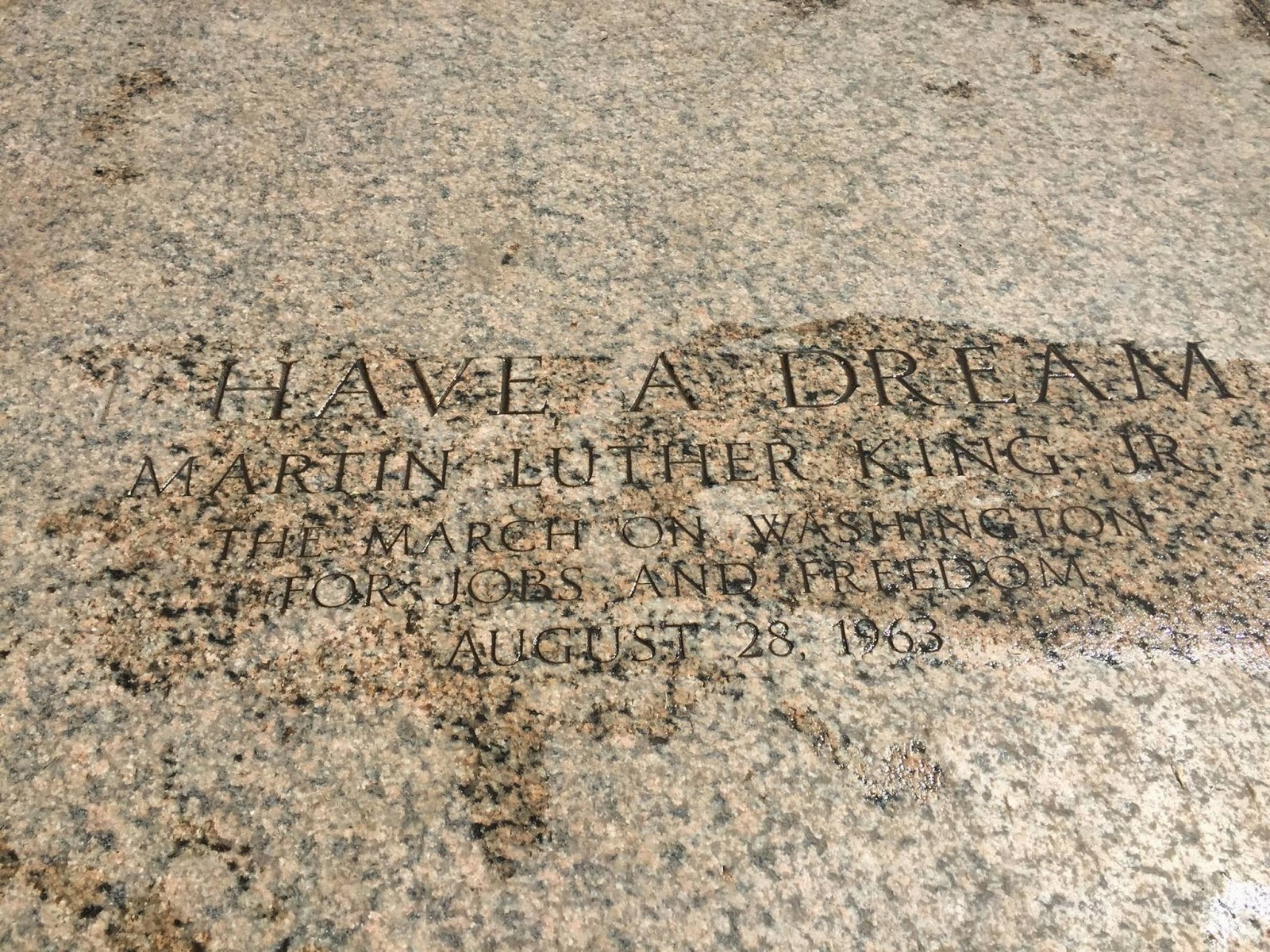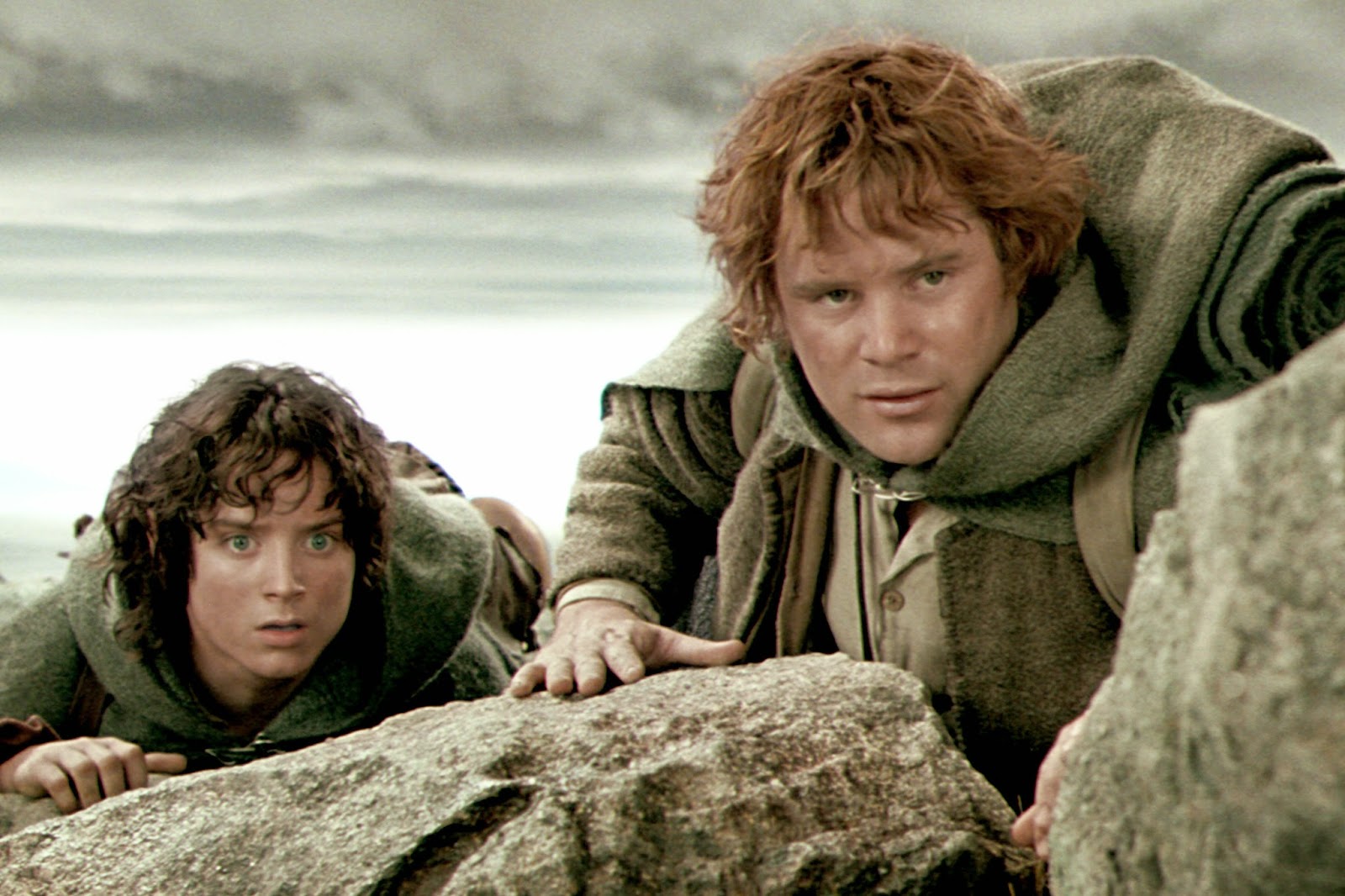“There is nothing to writing. All you do is sit down at a typewriter and bleed.” – Ernest Hemingway
I have not yet written a book, but I have written 600 blogs since January of 2009, and each time I sit down to write I am aware I am revealing a portion of myself. The words I write can be obscured by imagination, pride, humility, or exaggeration; but I am never completely hidden in the words written. My true self will bleed through in some corner.
Writing is always hard work. I must choose a topic of interest to others, choose the right words, choose the right order of those words, choose the right edits so that each sentence has only one interpretation and is understood by all. Then I must go back and choose better words and better ways of ordering the words. I must make the writing poetic while sticking to prose. I must choose to remove words that I previously and thoughtfully placed in just the right place. I do this so that the writing will be succinct and clear. Then I must rightly choose punctuation to aid the reader and guide the rhythm of the piece. In the end, all writing is music and must touch the ear as well as the heart.
I leave behind this body of work that even those who do not know me from anything but these words can begin to understand a portion of me. These words are small windows that shine light into the inner courtyard of an overgrown castle. They push me to be a better writer and a better person. I seek to write intelligent words that others will find helpful and inspiring; words that will challenge us all to thirst for right in the world; to hunger and thirst for justice and righteousness. May the words of my mouth and the meditations of my heart be acceptable in the sight1 of both readers and God.
1 Psalm 19:14
“Do you wish me a good morning, or mean that it
is a good morning whether I want it or not; or that you feel good this morning;
or that it is a morning to be good on?”
― J.R.R. Tolkien, The Hobbit
“When you arise in the morning, think of what a precious privilege it is to be alive – to breathe, to think, to enjoy, to love.” Marcus Aurelius 1
1. http://www.brainyquote.com/quotes/quotes/m/marcusaure132163.html

A new distant galaxy, containing approximately 8 billion stars, has been discovered by astronomers.1 What makes this galaxy, named EGS-zs8-1, unique is that it is 13 billion light years away from earth making it the most distant galaxy that has ever been seen. The light that is now reaching the Hubble Space Telescope left that galaxy 13 billion years ago when the universe was a mere 650 million years old.2 Presently, the universe is estimated to be roughly 13.6 to 13.9 billion years old.
What are the philosophical and theological implications of seeing a galaxy that is 13 billion light years away? Those who follow the Christian faith have long argued about how long the universe, earth, and humans have been around. Some take a hyper-literal perspective on the words of the Bible and believe that the universe cannot be more than 6000 years old. Some suggest that the universe only looks old because God made it mature.3 They suggest that God formed the universe with light from distant galaxies already partway here.
It is possible to think that way, but I would suggest that a much more straight-forward way of dealing with such discoveries is to agree that God has created a scientifically discernible universe in which, if something looks 13 billion years old, it is likely 13 billion years old (barring some sort of unnoticed calculation error). Of course, this way of thinking also assumes that God took a progressive approach to creation and took billions of years to bring us to where we are today. This kind of thinking will not do if one wants to maintain that the universe went from the chaos of nothing to a fully formed universe with plants, animals, and humans in six 24 hour periods of time. There are many further ramifications of thinking of the universe as very old, but we must be rigorous and not fear the implications of examining the evidence and drawing conclusions. A God who has created a universe that includes galaxies filled with 8 billion stars, 13 billion light years away, is capable of communicating with humans to explain the universe and his own nature.
1 https://www.sciencenews.org/blog/science-ticker/amorphous-space-blob-takes-title-most-distant-galaxy?tgt=nr
2 A Spectroscopic Redshift Measurement for a Luminous Lyman Break Galaxy at z = 7.730 Using
Keck/MOSFIRE; P. A. Oesch and P. G. van Dokkum and G. D. Illingworth and R. J. Bouwens and I. Momcheva and B. Holden and G. W. Roberts-Borsani and R. Smit and M. Franx and I. Labbé and V. González and D. Magee; 2015; p. 30; The Astrophysical Journal Letters; Volume 804; Issue 2
3 http://www.icr.org/article/5669/

Marc Martel has just released a new album and is presently on tour with music from the album entitled, wait for it, Impersonator. Yes, the former Freddie Mercury impersonator has something to say and he says it well. Using just his surname for this new band, he has given us twelve songs about being an Impersonator, a Dead Ringer, a Ringo Starr and several more themes. His wife thinks that he may have too many identity crisis songs on the album but he assures reporters that this is a good portion of what is happening right now.1 Some would say he has something to prove; that he is just another Freddie Mercury sound alike; that he is only a cover band king; that he doesn’t have his own sound; that Freddie’s memory should be left alone.
Those of us who know Martel’s music from his previous days as the lead singer and creative genius behind the band downhere have a different story. He has already proved who he is, what he sounds like, and that he is so much more than a really good “Wedding Singer.” Albums like Ending is Beginning and songs like “How Many Kings” and “Coming Back Home” were played to church youth groups and on radio stations across Canada and the USA long before he became a singer for one of the most famous bands in the world. Downhere received five Juno Awards over a ten year span and attracted a solid following of fans.
In “Dead Ringer,” Martel sings about “the face he was given when he was born” and “the sound he makes when he opens his mouth.” With great irony, “Dead Ringer” argues that he just happens to sound and look like Freddie Mercury and that he is just trying to be himself. This is the argument he sings even as he crafts and performs a song designed to mimic the lead vocals and style of Queen to a tee. Here are the lyrics and a link to the audio.
Dead Ringer (listen to it here)
Dead ringer, dead ringer, dead ringer, dead
I know you’ve seen this face before
It’s just the one they gave me when I was born
I’m not puttin’ it on make no mistake
When I open my mouth that’s the sound I makeIt’s on the tip of your tongue
Gives you chills just to think about it
Though you say nothing new would get that sound
But let me tell you that that I beat you to itDead ringer, dead ringer, dead ringer, dead
I just try to be myself
Dead ringer, dead ringer, dead ringer, dead
Cause I can’t be no one else
Dead ringer, dead ringer, dead ringer, dead
I’ve got to be myself
Lord let me be myselfBought yourself a ticket to the County Zoo
Be careful what you say cause it could happen to you
Finger in a socket and a double take
Pick your jaw off the floor; give your heads a shakeI’m on the tip of your tongue
Gives you chills just to think about it
Oh you say nothing new under the sun
Let me show you that there’s nothin’ to itDead ringer, dead ringer, dead ringer, dead
I try to be myself
Dead ringer, dead ringer, dead ringer, dead
Cause I can’t be no one else
Dead ringer, dead ringer, dead ringer, dead
I got to be myself
Lord let me be myselfJust like that
Dead ringer, dead ringer, dead ringer
Dead ringer, dead ringer, dead ringer
Dead ringer, dead ringer, dead ringer
Dead ringer, dead ringer, dead ringerAnyone ever tell you you’re a
Dead ringer, dead ringer, dead ringer, dead
I just try to be myself
Dead ringer, dead ringer, dead ringer, dead
Cause I can’t be no one else
Dead ringer, dead ringer, dead ringer, dead
I got to be myself
Lord let me be myself
“Dead Ringer” is the quintessential personal identity song that works so well for Marc Martel. There are other songs on the album that are less personal and just as good. Take for example “Paradise.” It is a bluesy, rocky, electronic anthem about a world that “chews us up, spits us out, and leaves us locked up in paradise.” A song worthy of many accolades but perhaps it is enough to simply say, poetic and operatic.
The recording closes with a song that sounds more downhere than Queen; and more Marc than Freddie. “The Remake” is about how we can have “high hope” in the way in which God will do his remake and make all things new. The metaphor calls us to something higher and reminds us that there is more to life than just what we see.
So is the new Martel music deserving of a wide audience? Check it out for yourself. I would suggest buying the recording and singing along. Perhaps you too can find your own voice.
1 http://www.usatoday.com/story/life/music/2014/09/03/marc-martel-paradise-premiere/14996237/
The Road goes ever on and on
Down from the door where it began.
Now far ahead the Road has gone,
And I must follow, if I can,
Pursuing it with eager feet,
Until it joins some larger way
Where many paths and errands meet.
And whither then? I cannot say.
– J.R.R. Tolkien, The Fellowship of the Ring
At 54 years of age, my road is longer than some, and yet shorter than others. I know that my road will go on for a short, or a long way, and it will go on and join other roads after I can no longer travel. I know that I must take this road. It will branch in places and I will need to choose the better road that is not always the easier road, and not even the best road for me. That is what it means to be on a mission for and with others. The others are apparent at every point in the road. I will want to take a road that serves my wife, children, grandchildren, and other descendants. It is less obvious that I will want to take the road that favours my fellow travellers: those whom I have met, those whom I work alongside, those with whom I share citizenship, those whom I serve in a community of faith, and even those who are suffering in far off countries like Nepal and Nigeria (to name only two of approximately 200). Ultimately, I want to walk the road that serves the mission of God: to seek and save the lost, to be an instrument of peace and redemption, and to leave this world a better place than the world into which I was born. This is the road “I pursue with eager feet.”

Spending a week in the museums of Washington, DC, one is continually confronted with the many wars that have been and continue to be fought on this planet. I have found myself asking many questions about war. When must a country go to war? Is there ever a good reason to defend ourselves or defend a weaker people? Was it necessary for countries to go to war in the Seven Years War of 1754–1763; the War of 1812; the American Civil War; World War I; World War II; the Korean War; the Vietnam Conflict; the Gulf War; the Iraq War; the War in Afghanistan; the Syrian Uprising; the fight against Boko Haram in Nigeria? Although I tend toward pacifism, I find that my answers to such questions are ever changing based on individual circumstances. I believe that J.R.R. Tolkien had more in mind than the wars of his fictional Middle Earth when he said,
War must be, while we defend our lives against a destroyer who would devour all; but I do not love the bright sword for its sharpness, nor the arrow for its swiftness, nor the warrior for his glory. I love only that which they defend.1
Perhaps that is all one can say. There are times when war must be, such as when a political or religious power threatens to destroy and devour all. Yet, we do not glorify war or the weapons of war; we rejoice in those things against which war can and has defended. We glory in people who have freedom to choose their politics, their religions, and their philosophies. We reluctantly go to war so that we might love peace.
1 J.R.R. Tolkien, The Two Towers
It only takes a few days in the city of Washington, DC to realize that race relationships between blacks and whites are complicated. Relationships are complicated by history, by economic standing, by political perspective, by fear, by apathy, by pride, by . . . . One day, all will be made right and colour will be seen as “a thing of beauty” in the “the passion of an Artist’s heart.” “Ignorance has wronged some races And vengeance is the Lord’s If we aspire to share this space Repentance is the cure.”
Colored People
(Performed by DC Talk – Listen Here)1, 1, 1, 1
2, 2, 2, 2
3, 3, 3, 3
4, 4, 4, 4Pardon me, your epidermis is showing, sir
I couldn’t help but note your shade of melanin
I tip my hat to the colorful arrangement
‘Cause I see the beauty in the tones of our skin
We’ve gotta come together
And thank the Maker of us allWe’re colored people, and we live in a tainted place
We’re colored people, and they call us the human race
We’ve got a history so full of mistakes
‘Cause we are colored people who depend on a Holy Grace1, 1, 1, 1
2, 2, 2, 2
3, 3, 3, 3
4, 4, 4, 4A piece of canvas is only the beginning for
It takes on character with every loving stroke
This thing of beauty is the passion of an Artist’s heart
By God’s design, we are a skin kaleidoscopeWe’ve gotta come together
Aren’t we all human after all?
We’re colored people, and we live in a tainted place
We’re colored people, and they call us the human race
We’ve got a history so full of mistakes
‘Cause we are colored people who depend on a holy graceIgnorance has wronged some races
And vengeance is the Lord’s
If we aspire to share this space
Repentance is the cure1, 1, 1, 1
2, 2, 2, 2
3, 3, 3, 3
4, 4, 4, 4Well, just a day in the shoes of a color blind man
Should make it easy for you to see
That these diverse tones do more than cover our bones
As a part of our anatomyWe’re colored people, and we live in a tainted place
We’re colored people, and they call us the human race
We’ve got a history so full of mistakes
‘Cause we are colored people who depend on a holy graceWe’re colored people, and they call us the human race
Oh, colored people
We’re colored people, and we all gotta share this space
Yeah we’ve got to come together somehowWe’re colored people, and we live in a tainted world
Red, yellow, black and white
We’re colored people, every man, woman, boy, and girl
Colored people, colored people, colored people, colored people, yeahSongwriters: Kevin Mc Keehan; George Cocchini; Published by UP IN THE MIX MUSIC

While vacationing in Washington, DC this week I have been struck by the power of a great speech. Abraham Lincoln, perhaps America’s favourite President, was considered a great orator and two of his most famous speeches are inscribed on the walls of the Lincoln Memorial: The Gettysburg Address and the Second Inaugural Address. (While here, we have witnessed somber remembrances of the 150th anniversary of the assassination of Abraham Lincoln.) The words on those walls have much to do with the freedom of enslaved people in the history of their nation and there has been more than 150 years of progress since the Emancipation Proclamation on January 1st, 1863 by that same 16th President of the United States of America. Yet, change has come slowly.
Martin Luther King Jr., 100 years after the Emancipation Proclamation, gave one of the greatest speeches of all time on the steps of the Lincoln Memorial on August 28th, 1963. In it he pointed out that the Emancipation Proclamation “came as a great beacon light of hope to millions of Negro slaves who had been seared in the flames of withering injustice. It came as a joyous daybreak to end the long night of their captivity.” Yet, King also pointed out the great need for further progress, for he said:
One hundred years later, the life of the Negro is still sadly crippled by the manacles of segregation and the chains of discrimination. One hundred years later, the Negro lives on a lonely island of poverty in the midst of a vast ocean of material prosperity. One hundred years later, the Negro is still languished in the corners of American society and finds himself an exile in his own land.
More than 50 years after Martin Luther King Jr.’s passionate speech, we find that much has changed but there is still much that needs to change. In a powerful sermon preached at Shiloh Baptist Church in Washington DC on Sunday, April 12th, Dr. Harold Dean Trulear spoke of the distance yet to go. He pointed to the disproportionate number of young black men in prison. Although blacks make up only 13% of the US population, they represent 37% of prison populations in that country. African-American males are six times more likely to be incarcerated than white males and 2.5 times more likely than Hispanic males.1
Reverend Trulear, speaking to a mostly black congregation, began with the biblical text of 1 Samuel 30:1-8 and spoke of the need to rescue their families from captivity. He punctuated the message with a call to “Go get your stuff!”2 His words inspired the people to “not be ashamed of those who are in prison but rather to visit them and welcome them back into society when they return.” The “altar call” invited those who had family members in prison to come forward for prayer; and a large crowd went forward.
As a white Canadian sitting in the Shiloh Baptist Church building that morning I knew that Canada has its own disproportions in prisons. Canada’s population is made up of approximately 4% aboriginal peoples; yet, 23% of our prison population is aboriginal.3 What sort of speech do we need that will begin to change these numbers in our own country? How might we dream of a better future? How can Canadians and Americans alike work to create a just world where all can say, “Free at last, free at last, thank God Almighty I’m free at last?”
1 U.S. Bureau of Justice Statistics, Prisoners in 2011, 8 tbl.8 (Dec. 2012); and http://sentencingproject.org/doc/publications/rd_ICCPR%20Race%20and%20Justice%20Shadow%20Report.pdf
2 https://www.youtube.com/watch?v=Q3L41NjK5gY
3 http://ca.reuters.com/article/domesticNews/idCABRE92615X20130307

We are in the midst of a mission. If we are attentive and listen to God, he has a mission for us. The Creator of the universe has made each of us unique and has gifted each one with a mix of talents, given to us at birth, and gifts, given to us at the point when we surrender to God’s plan for our life. So, what does that mission look like in each of our lives? Sometimes we live as if that mission was all about our own comfort and ease; but when we consider the nature of the universe, we really know that it must be about more than that. Certainly we can see that, while we live in relative comfort, there are many around us whose lives are anything but comfortable. So, are we ready for an adventure? Are we ready to take on whatever it is that God has placed before us to do? Tolkien’s words in The Lord of the Rings are instructive of the attitude required for taking on the mission of God.
We shouldn’t be here at all, if we’d known more about it before we started. But I suppose it’s often that way. The brave things in the old tales and songs, Mr. Frodo: adventures, as I used to call them. I used to think that they were things the wonderful folk of the stories went out and looked for, because they wanted them, because they were exciting and life was a bit dull, a kind of a sport, as you might say. But that’s not the way of it with the tales that really mattered, or the ones that stay in the mind. Folk seem to have been just landed in them, usually — their paths were laid that way, as you put it. But I expect they had lots of chances, like us, of turning back, only they didn’t. And if they had, we shouldn’t know, because they’d have been forgotten. We hear about those as just went on — and not all to a good end, mind you; at least not to what folk inside a story and not outside it call a good end. You know, coming home, and finding things all right, though not quite the same — like old Mr Bilbo. But those aren’t always the best tales to hear, though they may be the best tales to get landed in! I wonder what sort of a tale we’ve fallen into?1
In Ephesians 2:10 (NIV) we read that “we are God’s handiwork, created in Christ Jesus to do good works, which God prepared in advance for us to do.” That is the sort of tale into which we have fallen. It is a tale in which God has prepared a mission for each of us: a mission with good works to be accomplished by us. Will we turn back or will we go on? We are not assured a good end; at least not here on this earth; but we are part of a great tale that is unfolding. The only way to know the tale into which we have fallen is to go on. The road before us may be shrouded in mist or may seem as black as the heart of Mordor; but we have an inner light that will guide us to the end of the journey.
1 Tolkien 1971, p. 320, 321
Work Cited:
Tolkien, J.R.R. The
Two Towers: Being the Second Part of the Lord of The Rings. Agincourt:
Methuen Publications, 1971.

I have an idea. It is an idea that could be developed into something great in the hands of an Elon Musk, Rod Canion, or Richard Branson. A great entrepreneur would take an idea like mine and pursue it until it became a great technological boon; or until the idea was found to be completely lacking in practical benefit. In my hands, it is only an idea. It will never see the light of day and I will never take the necessary risks to develop the idea into real technology. How many other grand ideas are floating in the human consciousness that will never see day-light? What makes one person pursue an idea and another person hesitate?
My idea has to do with the security industry and would help in the identification of those who commit thefts or industrial espionage. The concept is that when an unauthorized intruder entered a home, office, or industrial complex, they would unknowingly be sprayed with a cloud of GPS traceable nano-particles. When police came to investigate the robbery or invasion, they would be handed the “key” that would allow them to track the nano-particle cloud on the intruder. Police could then find and arrest the suspect knowing that they would have good “chain of custody” for the evidence that linked the suspect to the crime. I believe this to be a novel concept; and yet, I know I will not invest in the development of the idea. So, I write this idea here in the hope that an entrepreneur might be inspired by this concept. Maybe someone else will run with it or maybe someone else is already thinking about such things. One day this technology may be available.